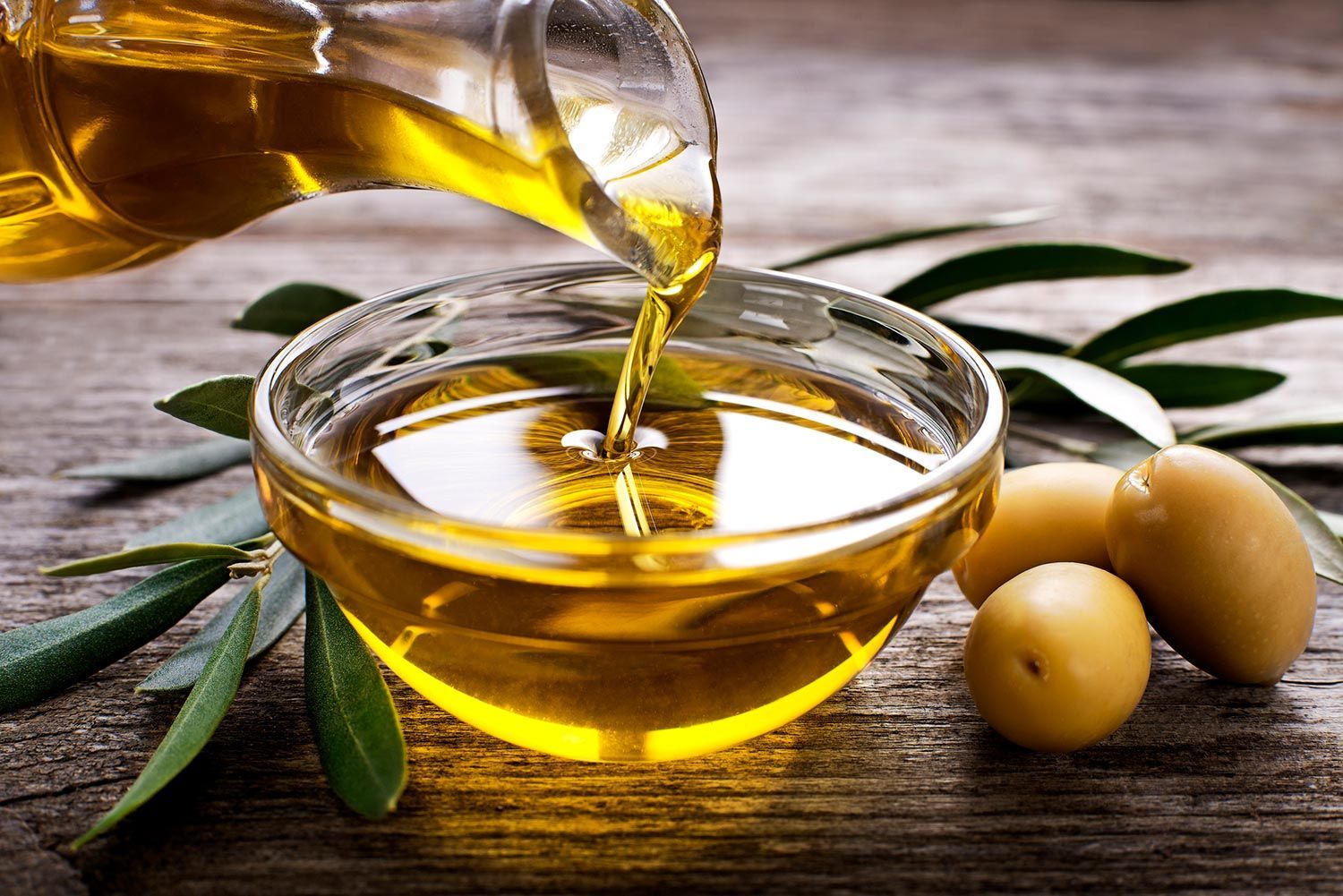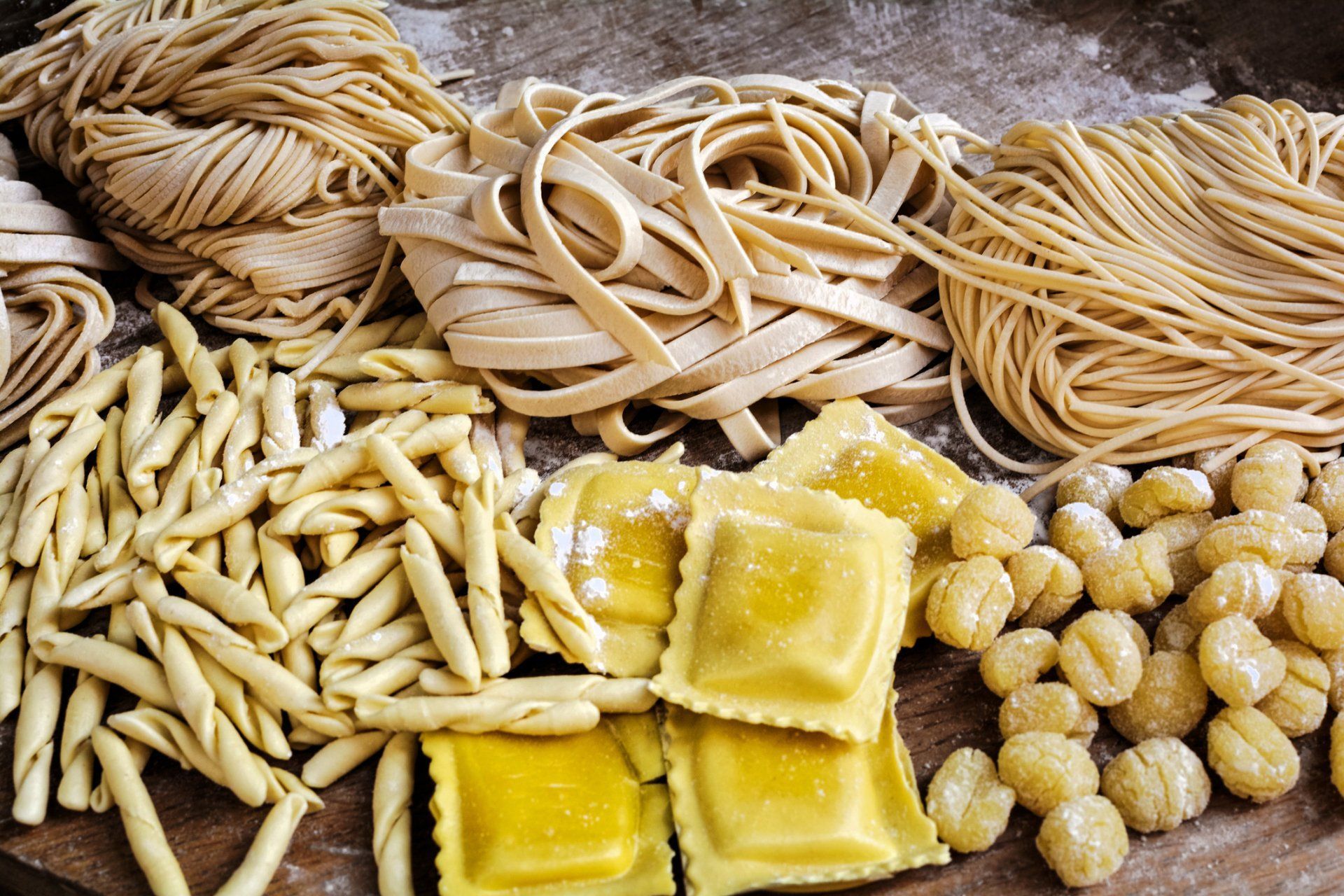Explore the Many Benefits of Olive Oil in Italian Cuisine
Cooking with oil sounds unhealthy. Right? When you think of "oil," what comes to mind? If fats or grease are the first words that you think of, think again. Even though fats are calorie dense, some types of oils are actually healthy.
Olive oil is a top pick that adds to the taste of many different culinary choices and provides plenty of health benefits. From dipping your bread into a glistening golden pool to using it when cooking chicken or pasta, olive oil is a staple in Italian cuisine.
What are olive oil's abundant health benefits? Take a look at why this type of oil is a healthier option than other varieties and what it can do for you.

Healthy Fats
Not all fats are unhealthy. In fact, your body needs fats to survive. Even though humans don't need an overabundance of fats (which can lead to obesity and other serious health-related conditions), some fat is necessary to give your body energy and help it to better absorb vitamins and minerals.
When it comes to the good, the bad, and the ugly of fats, the unsaturated ones, mono and polyunsaturated, are considered good fats. Saturated fats aren't as good for you as the unsaturated types, but they are better for you than trans fats. Olive oil contains monounsaturated fatty acids (or MUFAs), which fall on the healthy end of the fat spectrum.
Monounsaturated fats aren't just not bad for you. These fats have serious health-boosting benefits. In the 1960s, the Seven Countries Study found that people in certain parts of the world, namely the Mediterranean region, had a lower rate of heart disease than people in other areas. Even though they had a lower heart disease rate, people in this region tended to eat a higher fat diet.
Researchers discovered that the high-fat content in the diets of these people came from monounsaturated fats — mainly, olive oil.
Lower Blood Sugar Levels
Along with heart disease, monounsaturated fats may also play a role in helping to control blood sugar levels. Research, from the University of Naples in Italy, into this subject revealed a possible connection between extra-virgin olive oil and the body's response to high-glycemic index (high sugar-containing) meals.
Patients with type 1 diabetes who ate high-glycemic index meals without the addition of fats or fats that came in the form of butter had higher blood sugar readings than those who ate meals with olive oil instead of fats from butter.
Lower Cholesterol
A high trans-fat diet can increase the LDL cholesterol. When it comes to cholesterol, LDL is known as the bad kind. It can lead to plaque buildup in the arteries, making it a major factor in the development of life-threatening heart disease.
Unlike LDL, HDL is considered a good cholesterol. It transports cholesterol that's in your body to the liver. This function helps you to eliminate the cholesterol, saving your body from plaque buildup.
Replacing LDL-increasing trans-fat foods, such as hydrogenated oils and shortenings, with olive oil can help to lower your heart disease risk.
Antioxidant Benefits
Olive oil isn't just rich in good fats. It's also high in antioxidants. Antioxidants have properties that help to delay, or in some cases even prevent, cellular damage. Even though the word "antioxidant" is commonly referred to as a substance, technically, the name refers to the property of a substance.
Early research into antioxidants found that people who had low antioxidant diets had a higher risk of developing some types of chronic health conditions. While the research on antioxidants and conditions such as cancer or heart disease isn't completely conclusive, some antioxidants may have anti-aging properties — especially when it comes to eye health. Antioxidants may also help to reduce inflammation or the processes that lead to inflammation.
Do you want to explore the benefits of olive oil through traditional Italian cuisine? Contact Picano's Italian Grille for more information.

